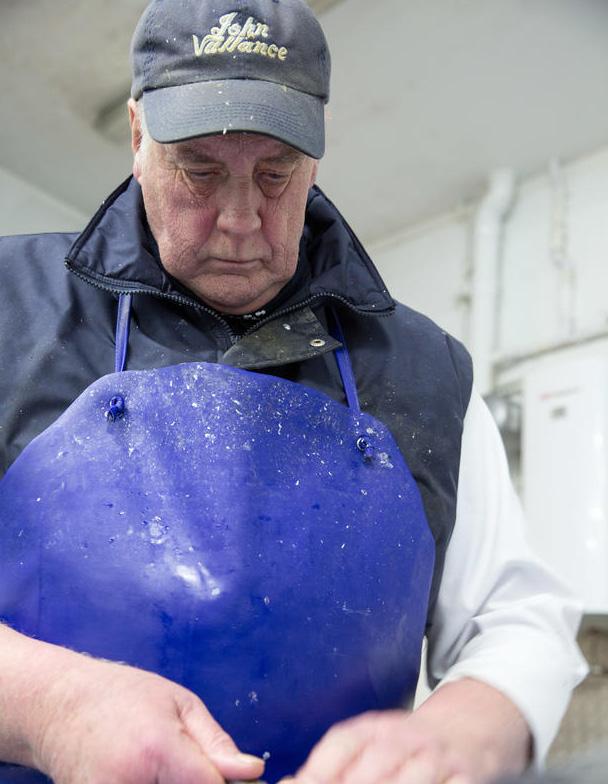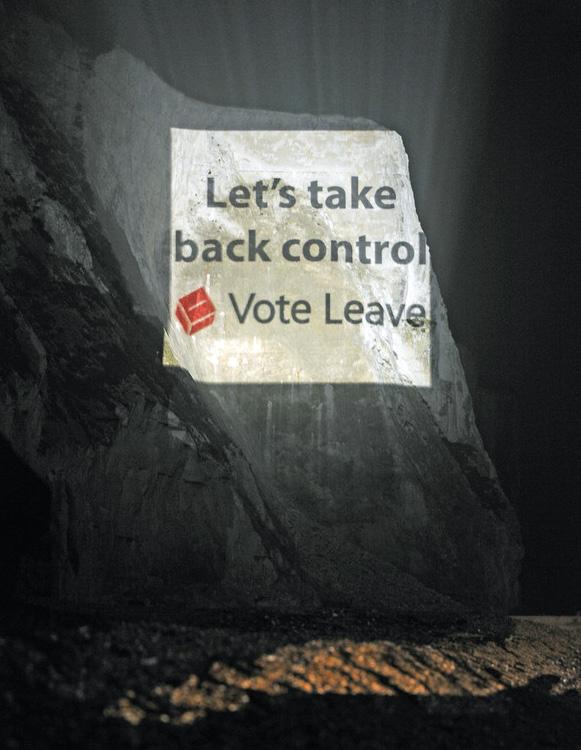
4 minute read
A great deal of expectation
CorporateDispatchPro

A great deal of expectation
After years of hard-nosed negotiations, false starts and inconclusive talks, the post-Brexit deal announced by the UK and the EU on December 24th felt nothing short of a Christmas miracle. With one week until the end of the transition period, many were bracing themselves for a no-deal dawn on January 1st.
If news of the deal eased anxiety for millions of citizens, businesses, and public officials on both sides of the channel, little time has been spared for them to digest the broad framework governing the future relationship.
We summarise ten major themes in the EU-UK Trade and Cooperation Agreement.
GOODS
Both sides wanted to avoid tariffs or quotas on goods, and this was successfully achieved allowing unlimited access across borders. Movement is also facilitated by unlimited road and air transport, although customs declarations and paperwork will make the process more cumbersome.
The part of the agreement is underpinned by Rules of Origin requirements which means that goods need to satisfy a minimum threshold of derivation from the export country. Meat products, for example, must only come from animals born and raised in the countries covered by the pact.
MARKET CONTROLS
One of the EU’s priorities was to establish a so-called level playing field as insurance against aggressive competition by Britain in the single market. The regulations in this area cover themes such as

YOUR PURPOSE IS YOUR BIGGEST ASSET




CorporateDispatchPro

employment law, climate change, tax regimes and, crucially for EU members, state aid.
A range of annexes dedicated to specific sectors stipulate further limitations for market access by British businesses in EU countries.
SERVICES
Trade in financial services will be restricted across the channel, a key ask by EU governments, while the agreement makes no room for passporting blocking UK services out of the single market. The system allowing workers such as engineers or doctors to have their professional standards accredited – the Mutual Recognition of Professional Qualifications – has also been rescinded, though with some caveats.
SUBSIDIES
This theme was another major sticking point and agreement envisages a framework similar to the current regime used by the EU to be adopted by Britain. The former member, however, says it will not need to seek approval from regulating bodies in advance, as is the case with the European Commission.
The two sides have also reached a deal on a ‘rebalancing mechanism’ that allows one side to impose tariffs if the other side fails to keep common standards.
TRANSPORT
Flights between the EU and the UK will remain unlimited and the deal erects safeguards for commercial practices such as code sharing and wet leasing. UK-based airlines, however, will no longer be able to operate flights with both origin and destination in EU territory.
Haulage will continue with trucks allowed to transit between the UK and EU freely. Irish operators may also use the UK as a point to crossover into the EU.
FISH
Fishing emerged as one of the most contentious areas in the final months of negotiations, threatening to sink the process. The two


CorporateDispatchPro

sides have agreed on a transition period until 2026 during which fleets from both sides can fish in each other’s waters, albeit with new quota shares. When the six years are up, the UK and EU will hold annual negotiations on access to waters and volume of catches.
ENERGY
Energy policy is the independent competence of each side but both parties clearly see the need for close cooperation in this field. New trading agreements will be drawn to facilitate collaboration on areas of mutual interest such as interconnectors and nuclear research. The agreement makes a strong commitment to climate change with explicit ties to Paris accord goals.
SHORT STAYS
Temporary trips for business purposes are allowed without the need for a Visa between the UK and the EU. Short-term business trips, including participations in trade fairs, meeting, training, negotiations, and procurement, will be limited to a maximum 90 days in any six-month period.
EU PROGRAMMES
The UK will still be eligible for funding from science and research scheme such as the Horizon Europe programme, which has a budget topping €800 billion until 2027. British students will no longer be able to participate in the Erasmus programme, but the UK government has raised the idea of establishing a similar initiative.
NORTHERN IRELAND
The tricky situation has been diffused by integrating Northern Ireland into the UK customs territory, a change from the agreement proposed by Theresa May. Meanwhile, to avoid a hard border between Northern Ireland and the Republic, custom checks and controls will apply for goods crossing from Great Britain. Northern Ireland will follow EU VAT laws but, forming part of the UK VAT territory, revenues will go towards the UK. The EU Commission and the EU Court of Justice will retain oversight of the EU rule in the territory, but actual enforcement will be expected from UK insitiutions.







